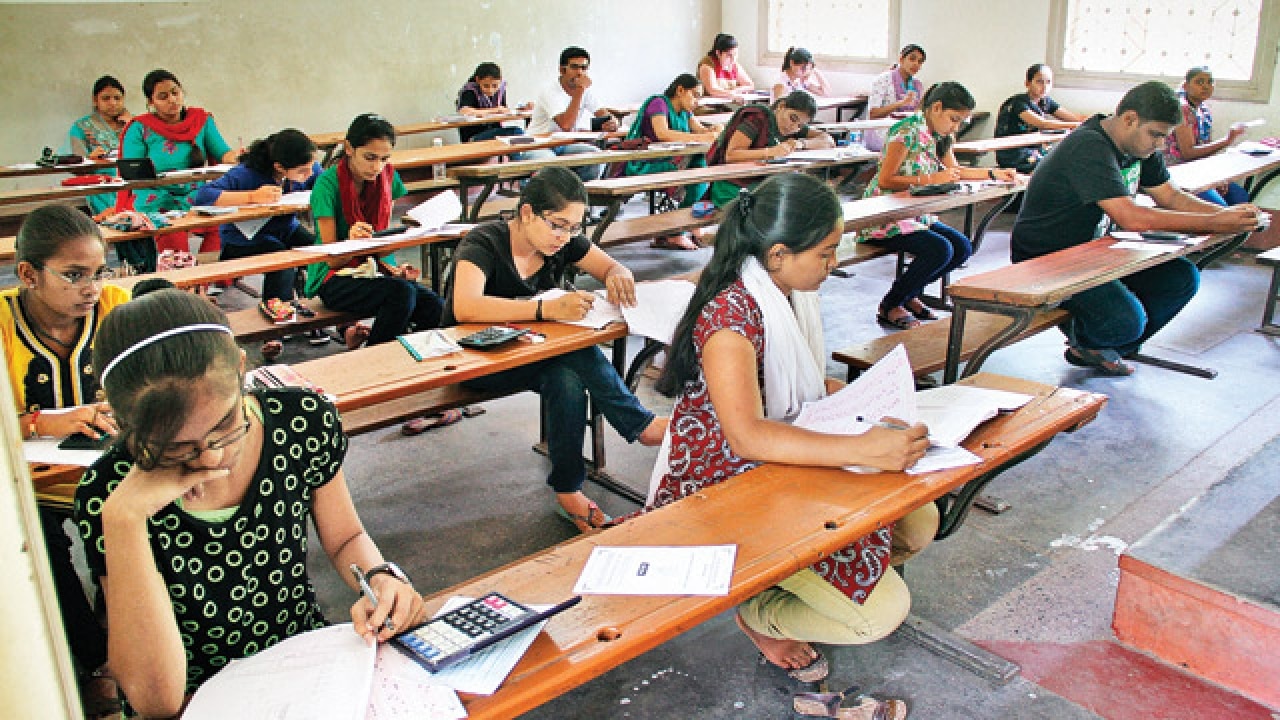
In the last week of May, the Central Board of Secondary Education (CBSE) suddenly decided to scrap its ‘marks moderation’ policy in a bid to arrest inflation of marks. The controversial policy, which was in place since 1992, was withdrawn days ahead of the class 12 results announcement, which led to a panic among the students.
In this competitive age, every single mark counts for admission at universities in India and abroad. Students dragged the Council to the Delhi High Court on the grounds that the rules were changed when the game was on, which would adversely affect their education prospects. The CBSE lost the case, but didn’t approach the apex court to avoid further embarrassment.
In April, medical aspirants had won a similar case in the Supreme Court against the Maharashtra government when it sought to reserve 67.5 per cent PG seats in deemed and private medical universities only for state domiciles. In government colleges, the domicile quota was fixed at 100 per cent. Youngsters from other states rushed to court.
Students won here as well. SC scrapped the arbitrary reservation on the grounds that it was introduced only two days ahead of the release of the merit list.
Last year, CBSE was forced to conduct two rounds of NEET — the national medical entrance test — after the apex court ordered the states, which had pulled out from NEET, to participate in the exam. This hassled lakhs of students forcing them to appear twice in the exam, the second time at three days notice.
Every year, students have to drag the Central or provincial governments to the court against the abrupt decisions related to admission and evaluation processes. Besides, hundreds of medical, engineering and management students also land up in legal mess as their colleges are suddenly de-recognised.
The future of lakhs of students hangs in balance every year due to legal tangles. And since screwing up the prospects of vulnerable students invites no punishment, the authorities don’t really care.
Inconsistency and political interference in education policies are the two major drawbacks of the Indian education system. Most ‘policy reforms’ stem from political compulsions, rather than thoughtful consultations and long-term strategies. Ministers and the ruling parties seek to benefit from the controversy even if their policies fail legal test.
Maharashtra’s Muslim-Maratha quota is one such intervention. It was introduced days ahead of the Assembly elections with a clear political motive, but was stayed by the court within months. The beneficiaries already admitted under quota had to run from pillar to post to get their fee reimbursements.
Since education is in the Concurrent List of the Constitution, the Centre and states can both formulate policies with the former’s legislation overriding the latter’s. In addition, we have several regulators, accreditation bodies, and decision-making bodies which never work in tandem. There should be a rule that policy changes must be brought in at least two years in advance and that too after a thorough assessment. Test pattern and ranking formula should be declared in advance.
The writer is a special correspondent with DNA